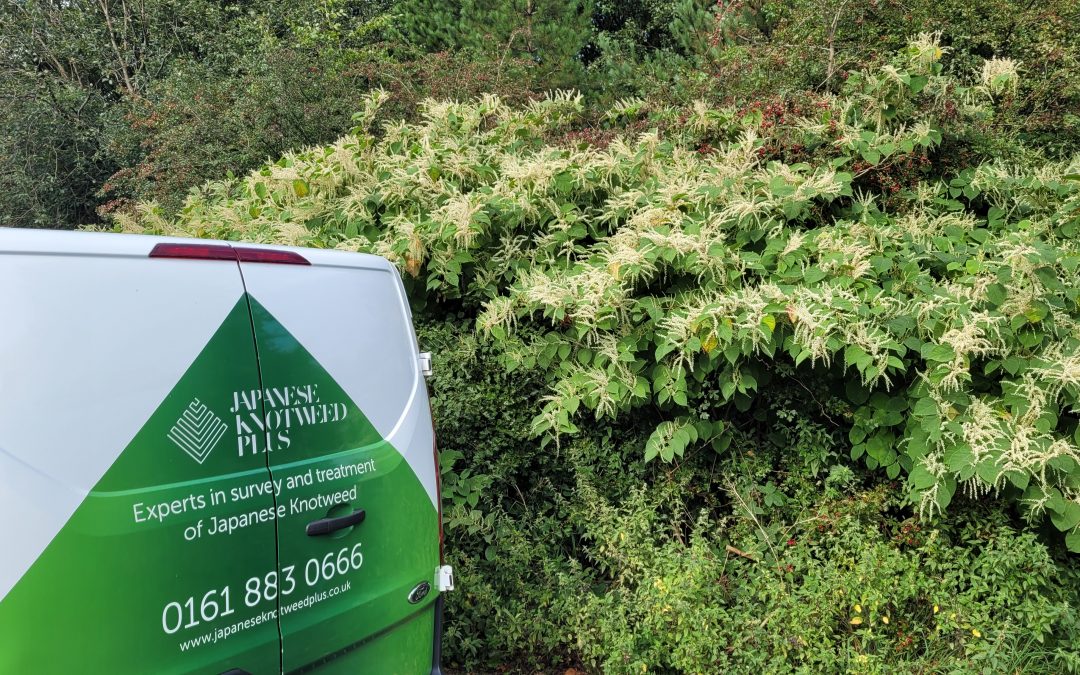Yes, Japanese knotweed is an important consideration in conveyancing searches when buying or selling a property in the UK.
Conveyancing searches are conducted to uncover any potential issues or liabilities associated with the property and to provide the buyer with essential information before completing the purchase.
Japanese knotweed is known to have a significant impact on property values and can affect the suitability of a property for certain uses. As a result, it is common practice for conveyancing solicitors and surveyors to include a specific search for Japanese knotweed in their due diligence process.
The Japanese knotweed search may involve the following steps:
- Environmental Search: Conveyancing solicitors may commission an environmental search from specialist companies to identify the presence of Japanese knotweed or other potentially contaminated land on or near the property.
- Land Registry Search: The Land Registry may hold information about land that has been affected by Japanese knotweed, particularly if it has been subject to previous disputes or legal actions related to the plant.
- Site Inspection: If there is any suspicion or indication of Japanese knotweed on the property or nearby, the surveyor may conduct a site inspection to verify its presence and assess the extent of the infestation.
- Seller’s Information: The seller is legally required to provide accurate information about the property, including any known presence of Japanese knotweed, in the Property Information Form (TA6) during the conveyancing process.
If Japanese knotweed is found during the conveyancing searches,
it does not necessarily mean that the property purchase cannot proceed. However, it is essential for both the buyer and seller to be fully aware of the situation and to consider how to address the issue appropriately. Depending on the severity of the infestation, potential buyers may negotiate with the seller to address the problem before completing the purchase or to seek an insurance-backed guarantee to cover the costs of future treatment if necessary.
In summary, Japanese knotweed is a significant consideration in conveyancing searches, and it is essential to conduct thorough due diligence to identify any potential presence of the plant on the property. Working with experienced conveyancing solicitors and surveyors can help ensure that Japanese knotweed and other important issues are properly addressed during the property transaction process.
